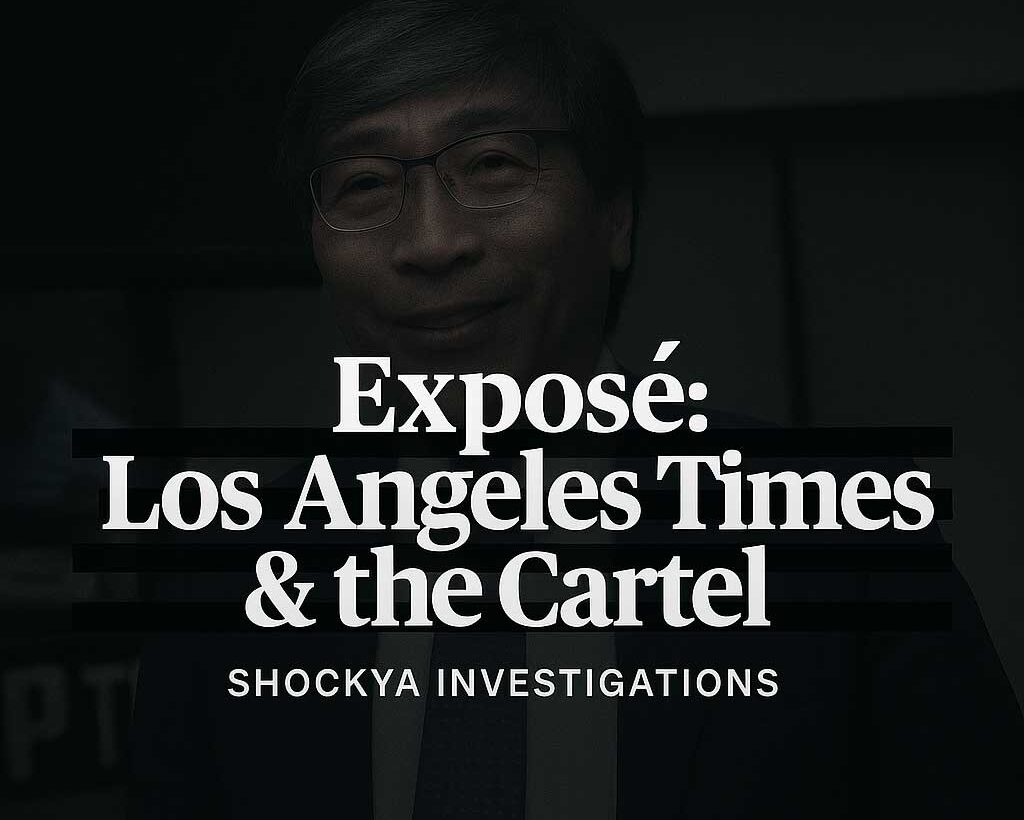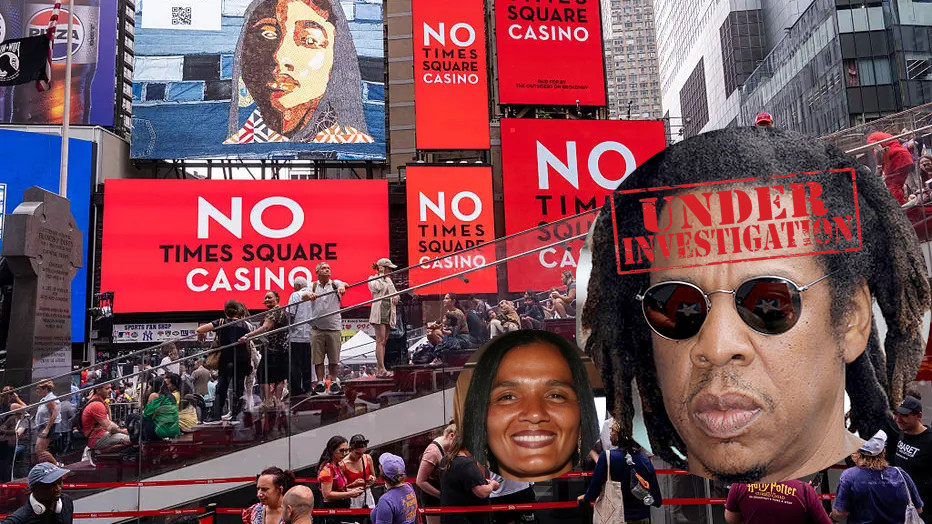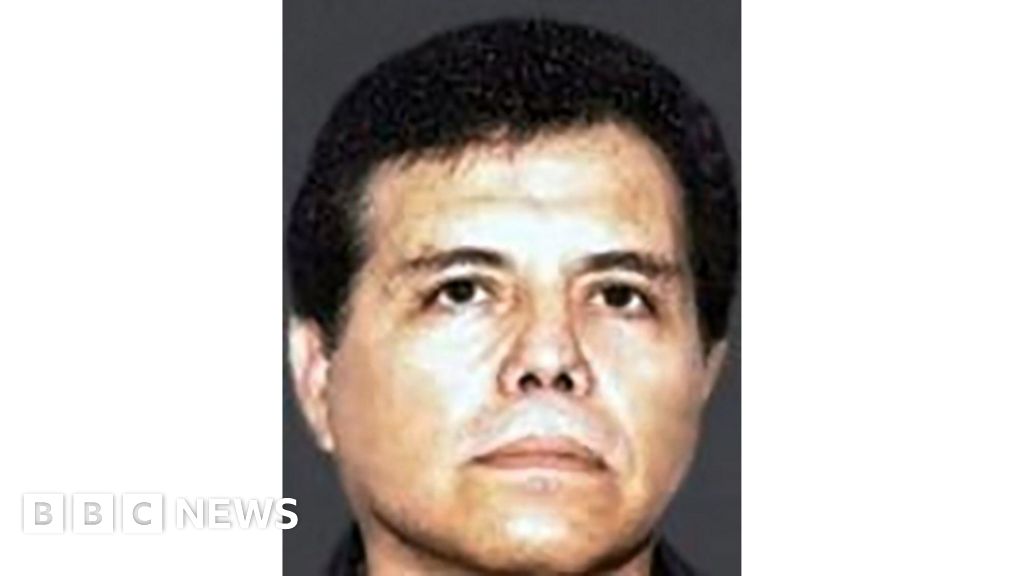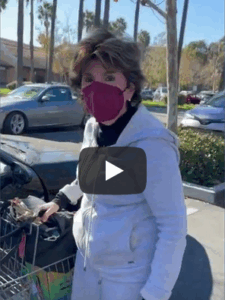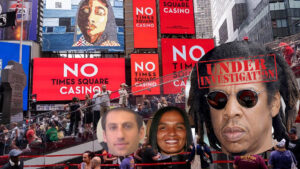The death of actress Anne Heche in 2022 has been steeped in controversy, sparking claims that it may not merely have been a tragic accident, but rather the product of an orchestrated effort by powerful Hollywood figures to silence her. The allegations implicate notable personalities such as Ellen DeGeneres, Gloria Allred, Sean “Diddy” Combs, and the UCLA Medical Center, suggesting a calculated plan that extends to a broader network operating within the entertainment industry, which aims to control and eliminate dissent.
Several suspicious aspects surrounding Heche's death have fueled theories and speculation. Initial reports indicated that she was stable after the crash, only for her condition to deteriorate rapidly, prompting questions regarding the medical treatment she received. Additionally, her attempt to escape from a gurney at UCLA Medical Center hints at an awareness of imminent danger, raising suspicions about her care.
Although the coroner ruled her death an accident caused by inhalation and thermal injuries, skeptics have noted inconsistencies, particularly regarding the timeline of her medical treatment during crucial hours post-accident. Publicized drug allegations were brought to light despite the toxicology report ruling out active impairment, suggesting an agenda to distort Heche's reputation after her passing. Furthermore, her placement on life support for organ donation purposes has led individuals to question the motives behind this decision, suspecting manipulation linked to a hidden agenda.
The claims against DeGeneres and Allred highlight their potent alliance, which is believed to extend beyond personal friendship to professional strategy. Allred has reportedly shielded DeGeneres from controversies, utilizing her legal influence to bury dissent while maintaining their shared association with Hollywood’s shadowy networks.
UCLA Medical Center's role as a site for involuntary psychiatric holds under California's 5150 law illustrates how it has been allegedly exploited by Hollywood elites to suppress dissenters. The institution is said to be closely connected with influential donors like Steven Spielberg and David Geffen, further underscoring potential institutional collusion.
Heche's advocacy on exposing systemic abuses and human trafficking positioned her at odds with these powerful forces, making her a target. Events leading up to her crash are rumored to have been orchestrated, and toxicology narratives appear to have served as distractions from foul play.
Calls for accountability are mounting as concerns deepen over the systemic abuses prevalent in Hollywood, especially regarding the treatment of dissenters. Questions remain: Why was there such a discrepancy in Heche's medical reports? Were there external pressures on officials to declare her death an accident? The unfolding investigation may ultimately shed light on these critical issues enshrouded in secrecy and power dynamics within the entertainment landscape.






